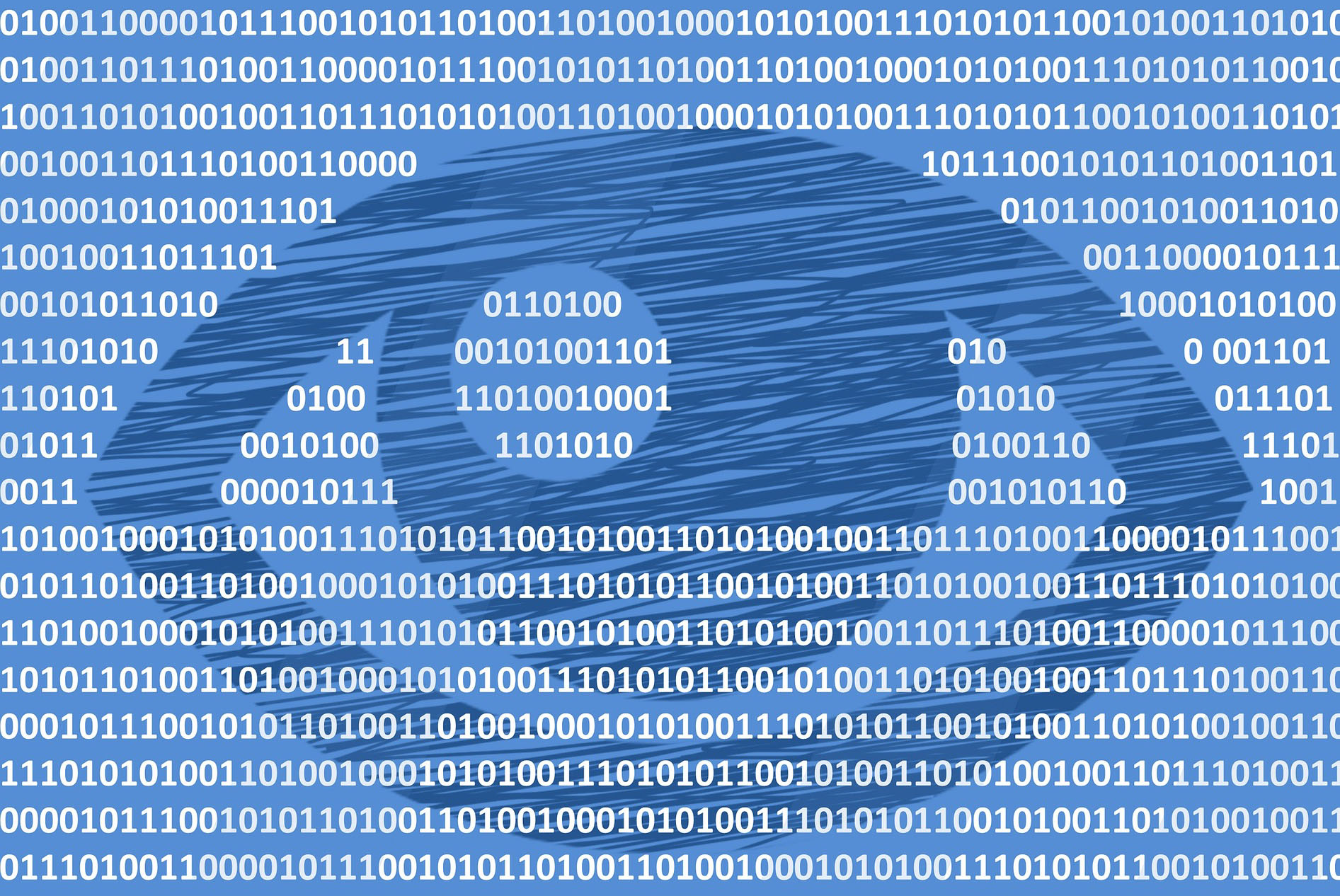
Internet security, myth or reality?
The Internet has always been seen as a space of freedom, where no borders exist any barrier to prevent man from being what he wants to be.
In a place where there is no risk of censorship or indelicate reproaches. But we often forget to think about the other setback of the Internet. Surveillance. Indeed, this is a fact. We are constantly monitored on the internet. Surveillance that threatens our anonymity, our security, and our private data on a daily basis.
This article will also interest you: A website specifically dedicated to the Security bug of WhatsApp
Speaking of Internet surveillance, it is not limited to that of our states as part of national security. The tracking by private companies in the business model is referred to primarily on the collection, management and sale of users' personal data. Surveillance that has now become something fairly transparent and normal, facilitated by the deployment of a set of means sometimes legal, sometimes questionable, sometimes illegal. And for this many actors intervene. Whether they have official status or not.
1- Internet service providers
They are the first actors with whom the Internet user has a connection. They provide the Internet user who accesses the Internet via their service with a public IP address no matter how to use it. The address then allows you to follow this user on the trail. This address then allows you to have certain information about the person connected. This may include:
– Names and surnames,
– Hours of connection,
– From websites visited,
– From the location of the latter,
– The length of the sessions,
– Equipment used,
– The web pages visited,
– The search engine,
– The browser,
– Downloaded files.
In other words, the IP address allows you to have a very detailed view of what the Internet user is doing. The problem is that these providers often have the ability to keep this information for a period of time. For example, in France, the law requires them to log and keep them for a period of 1 year. The original idea was to allow the authorities to use them in the event of a police investigation. However, the risk that this information could be used for other purposes is highly likely.
2- Websites
When a person is connected to the Internet and visits a web page, websites tend to collect certain private information about their behaviour on the internet. Some information such as IP address, web pages, clicked links and contact information is also connected by websites. This information can then be resold to advertisers, which will be used to initiate targeted advertising companions. It is therefore not uncommon to see advertisements appear on your screens on the theme of sites that you have already visited requests made on search engines. This also applies to email addresses often entered into forms required by websites. Information that will also be transferred to advertisers to integrate their advertising.
With the general regulation of personal data in Europe, the authorities have tried to frame the process. However, this may not be enough, because the Internet user also has a drinking role to play his part to protect himself. In practice, the resale of data is prohibited. However some websites do not hesitate to do so.
3- Hackers
Hackers are one of those individuals who continually access your computer data. Whether it's through a well-developed computer hack, or by a data leak of a server configuration problem, you should know that at all times these people are on the lookout for the aim of stealing as much personal information as possible. They can use it either to initiate other computer attacks, or sell it to other hackers who will use it for their own purpose. The techniques vary depending on the need is the situation. The most common technique used by cyber criminals to siphon off user data and phishing. This is simply to encourage the user to click on a link sent by message or email, a link that will automatically direct them to a dummy website in the shape of a known page. In this way, the less suspicious Internet user will enter his contact information which will be recovered by them.
Now access an unlimited number of passwords:
